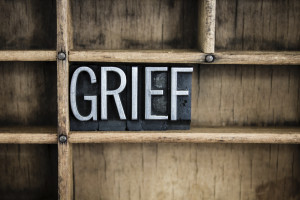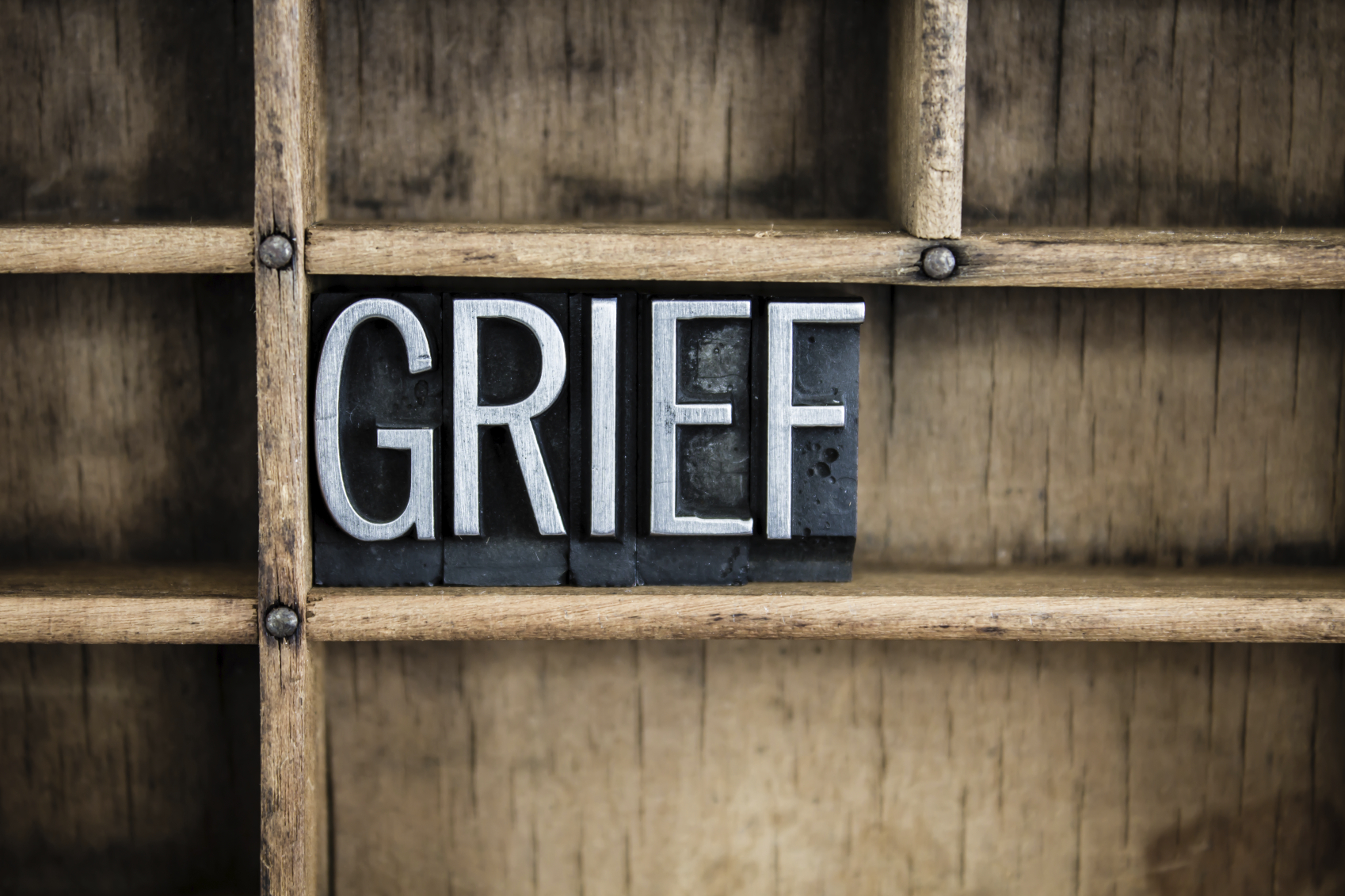 Clutter in our homes can be stressful. Piles of mail and paperwork, unworn clothes, too many toys, electronics, cords, cables and miscellaneous household goods can get us down even in the best of times. Add to this an additional major life stressor, and the clutter can be paralyzing.
Clutter in our homes can be stressful. Piles of mail and paperwork, unworn clothes, too many toys, electronics, cords, cables and miscellaneous household goods can get us down even in the best of times. Add to this an additional major life stressor, and the clutter can be paralyzing.
This month, I’m stepping away from my rah-rah-cheerful organizing spiel and looking at the very real topic of organizing during a time of grief and loss. While I am often called in to help clients during a neutral or even happy time in their lives, I am also asked to help clients who need to organize after the loss of a loved one. In these situations, I have to play the role of gentle listener and problem solver while keeping the goal of order and organization in mind. Here are a few suggestions that can be helpful when organizing during a time of stress, grief or loss:
Work at your own pace
During a difficult time, you may not feel as energetic as you once did. Feeling rushed to get through a lifetime of memorabilia or household goods can only add to the stress. If possible, take things slow, and allow yourself to express your feelings about the items you’re going through. If you have a time limit, make the easier decisions now, and box up the more challenging things for later.
Enlist the help of a good listener
When clearing out a home or letting go of memories from a loved one, it can feel like every item has a story and a connection to that individual you lost. Ask someone that you know and trust — a friend, family member or professional organizer — to help you with this process. This can allow you to share your stories, and also provide you with encouragement to keep moving forward. And an extra set of hands can certainly make the sorting go faster!
Set goals and write them down
When grieving, numerous decisions can quickly overwhelm you. It can be helpful to come up with 3-4 overall goals and keep those in mind as you are faced with each decision. If one of your goals is to live in an easier-to-maintain space, then each item needs to pass that test—does it make your life easier or more complicated? You might also make some global decisions such as letting go of all DVDs or books, so you don’t have to make numerous individual decisions. Goals surrounding the belongings of a lost loved one could include keeping only those things that you can reasonably honor and enjoy. Writing your goals down can be a good reminder of what’s important during the organizing process, and can help keep you on track.
Inevitably, we will all be faced with losing loved ones. There is no way to be completely prepared for these challenging life events. But with some thought, planning and support, you can at least lessen the stress rather than adding to it.
